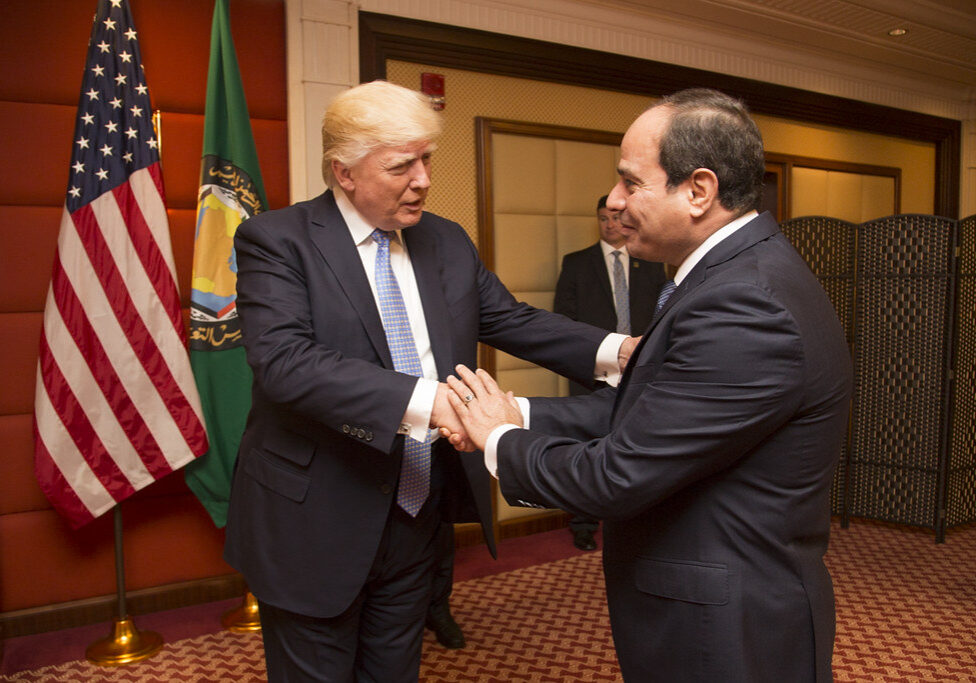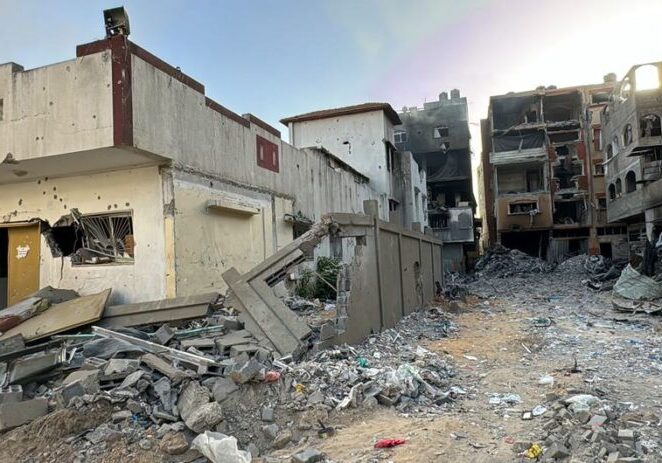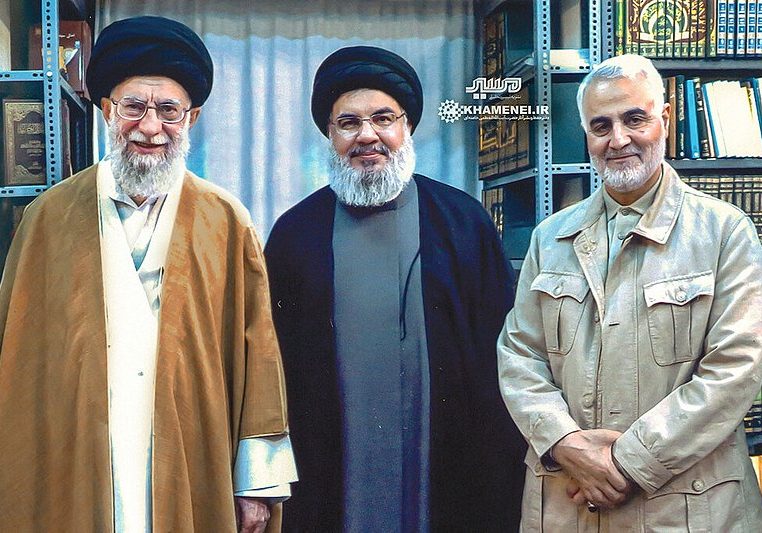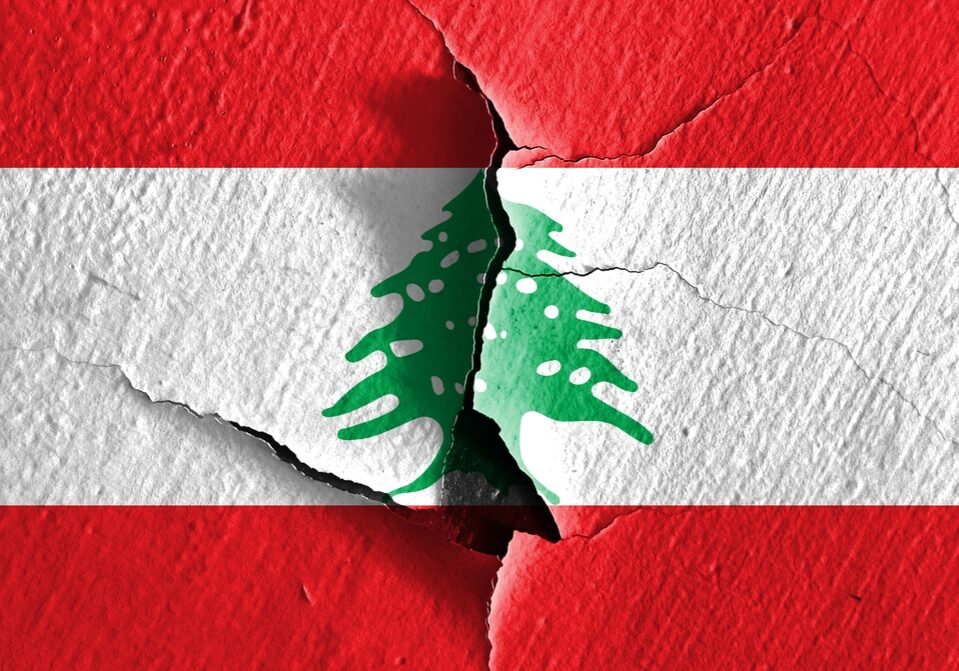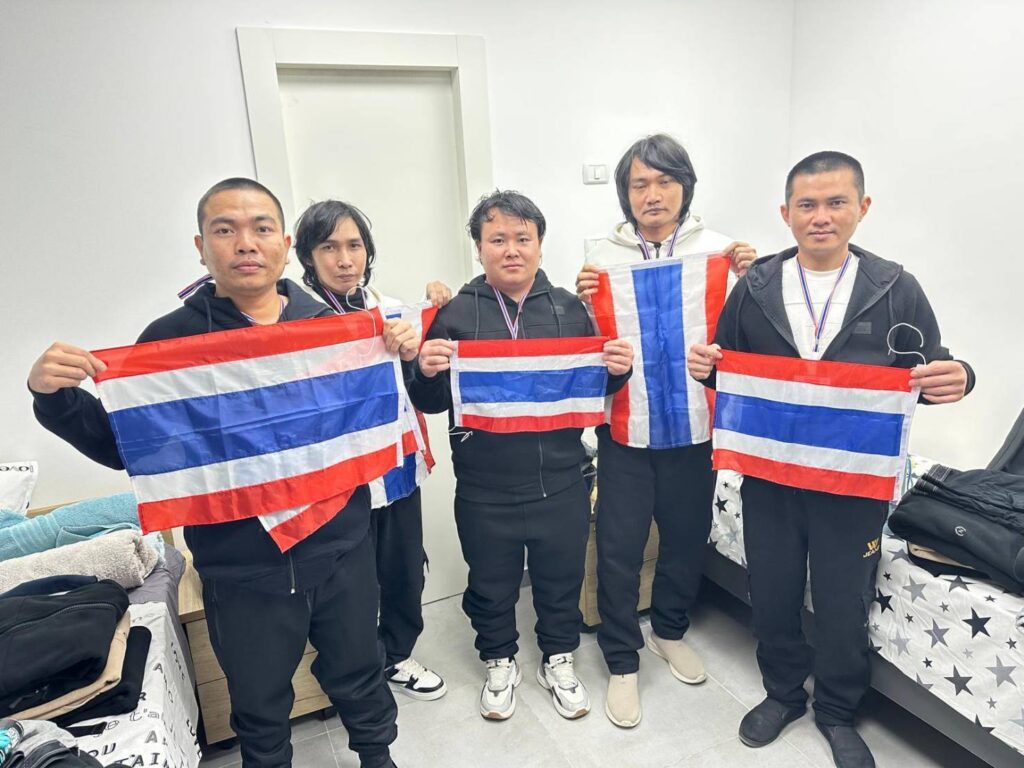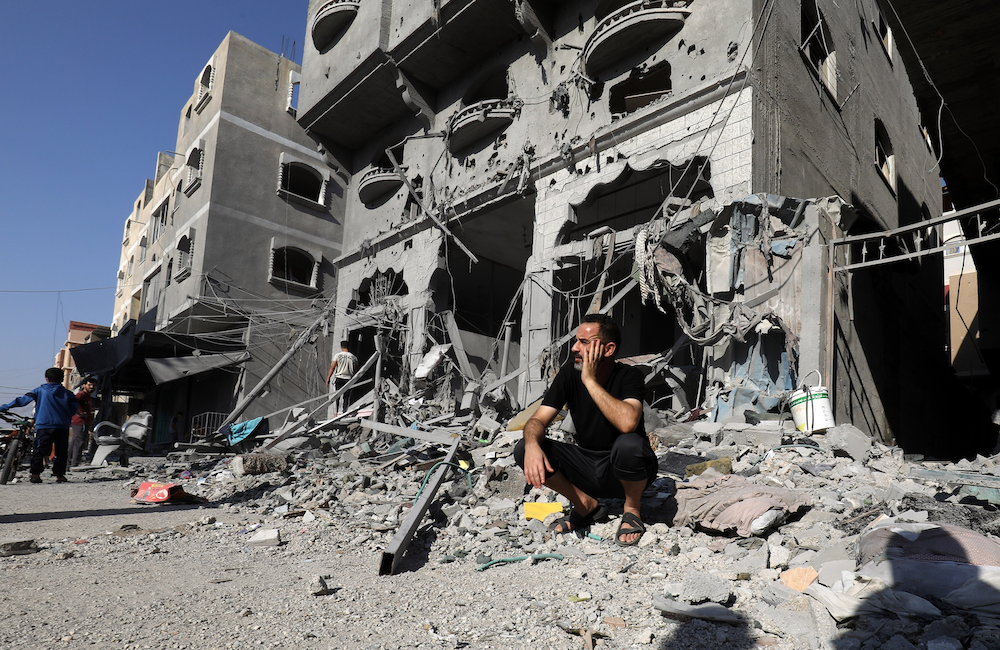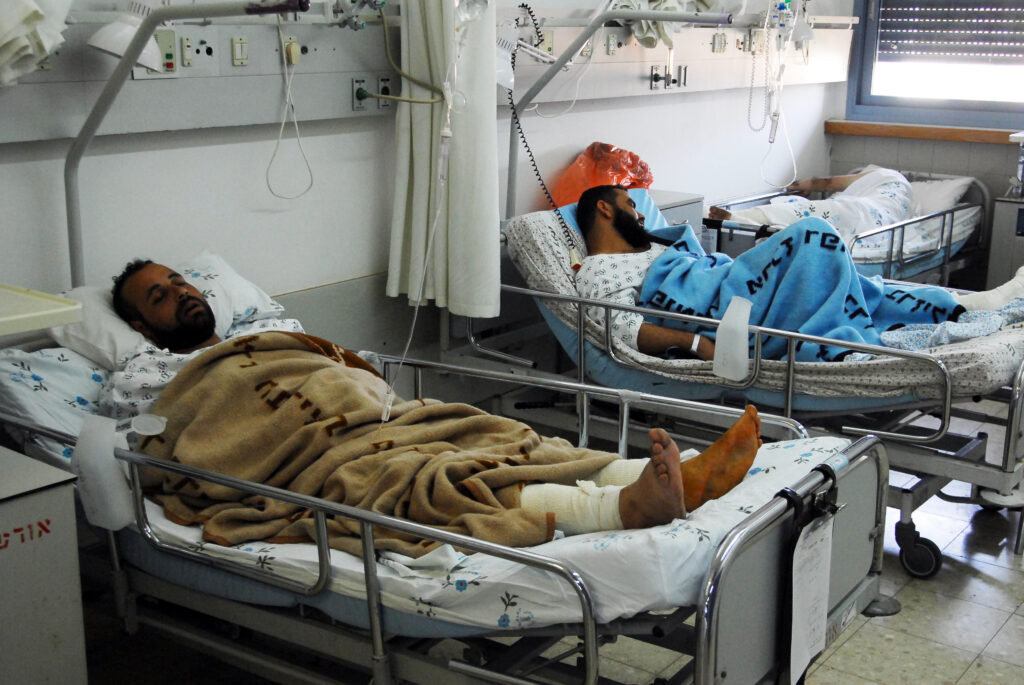FRESH AIR
UPDATES
The crackdown on Palestinian freedom of speech – and why you probably haven’t heard about it
Sep 14, 2017 | Shmuel Levin

In the last few months, the Palestinian Authority in the West Bank and Hamas in Gaza have been busy.
In the West Bank, the Palestinian Authority has introduced a new “ban on websites”. Like all laws passed since 2007, the new Electronic Crimes Law was passed in July 2017 by presidential decree without consultations with Palestinian civil society or the public.
According to a comprehensive report from Amnesty International, (an organisation that has been accused of anti-Israel bias in the past), the law imposes prison sentences and fines which “could seemingly be applied to anyone who shares, likes or retweets news deemed illegal, and could be used against journalists further infringing on their ability to work freely”.
These fears are not unfounded, as at least six individuals have been arrested and charged under the new laws. In addition, “at least ten journalists working in print, radio, TV and online media were summoned by Preventative Security Forces for interrogation in Ramallah” and told “that the summons relates to their criticism of the new Electronic Crimes Law”.
According to a senior editor at Al-Quds online network, “the Palestinian Authority is increasingly authoritarian. They want to control all media outlets to block any voices exposing their crimes and violations”. In addition, “Addameer Association lawyer Muhannad Karajah, who represents many of the journalists, said the situation in the past months has been the worst in years. ‘There is no space for freedoms anymore, the Palestinian authorities in the West Bank are becoming a police state, and they are silencing the people,’ he told Amnesty International.”
In one case, Jihad Barakat, a reporter for the Palestine Today satellite channel, was arrested for “taking a picture of the Palestinian Prime Minister’s motorcade being stopped at an Israeli checkpoint”. Absurdly, Barakat was charged “with a crime that is usually used to harass beggars” for the unlawful use of public spaces.
In another case, Ayman Qawasmeh, the director of a private radio station in Hebron, was arrested “shortly after he criticized Abbas and called on him and his prime minister, Rami Hamdallah, to resign”. Then, after Issa Amro, a Palestinian activist in Hebron, published a Facebook post criticising Qawasmeh’s arrest, he too was taken into custody for speaking out. Aside from the new Electronic Crimes Law, Amro was also charged with “‘causing strife’ and ‘insulting the higher authorities’ under the 1960 Jordanian Penal code which is still enforced in the West Bank”. Amro has since been released on bail.
Meanwhile, the Hamas leadership in Gaza has also been busy during the last few months. In June, Hamas “arrested at least two journalists,… blocked journalists from reporting in some areas, and restricted the work of a foreign journalist”. Then, in July, “twelve Palestinians were questioned and detained… for comments they made on Facebook”, and at least three of the journalists reported ill-treatment and one alleged torture by the Hamas authorities.
Amnesty International also interviewed two activists who claimed “that they were kidnapped, beaten and threatened by Hamas security forces with the use of violence against them and their families”. Their crime? Criticising Hamas’ handling of the ongoing electricity crisis that has left Gaza with only 4-6 hours of electricity per day on social media.
Amnesty International has also stated that the new West Bank law curtailing freedom of speech is being used as a tool to silence dissenting voices in the ongoing conflict between Fatah and Hamas. For example, in August, Hamas released Palestine TV’s correspondent Fouad Jaradeh after more than two months in detention – but only after the Palestinian Authority arrested five journalists working with Hamas-affiliated news outlets. The five Hamas journalist were then released in what was widely viewed as a tit-for-tat situation.
But it is not only cooperation with Hamas that has been worrying the Palestinian Authority. In early September, the Palestinian Authority also arrested Mohammed Saber Jabbar, after he hosted right-wing Israeli lawmaker Yehudah Glick for Eid al-Adha celebrations. According to Glick, he “went to wish [Jabbar] a happy holiday on eid al-Adha” and regrets what happened to him. For its part, the Palestinian Authority has not said why Jabbar was arrested or the crime he is being charged with.
As Palestinian affairs journalist Khaled Abu Toameh points out, the mainstream press prefers to cover “the Palestinians whose stories are often linked, directly and indirectly, to Israel”. But in cases like these, where the Palestinians are victims at the hands of Hamas and the Palestinian Authority, “their tale remains buried – along with their freedom”.
Tags: Palestinians


